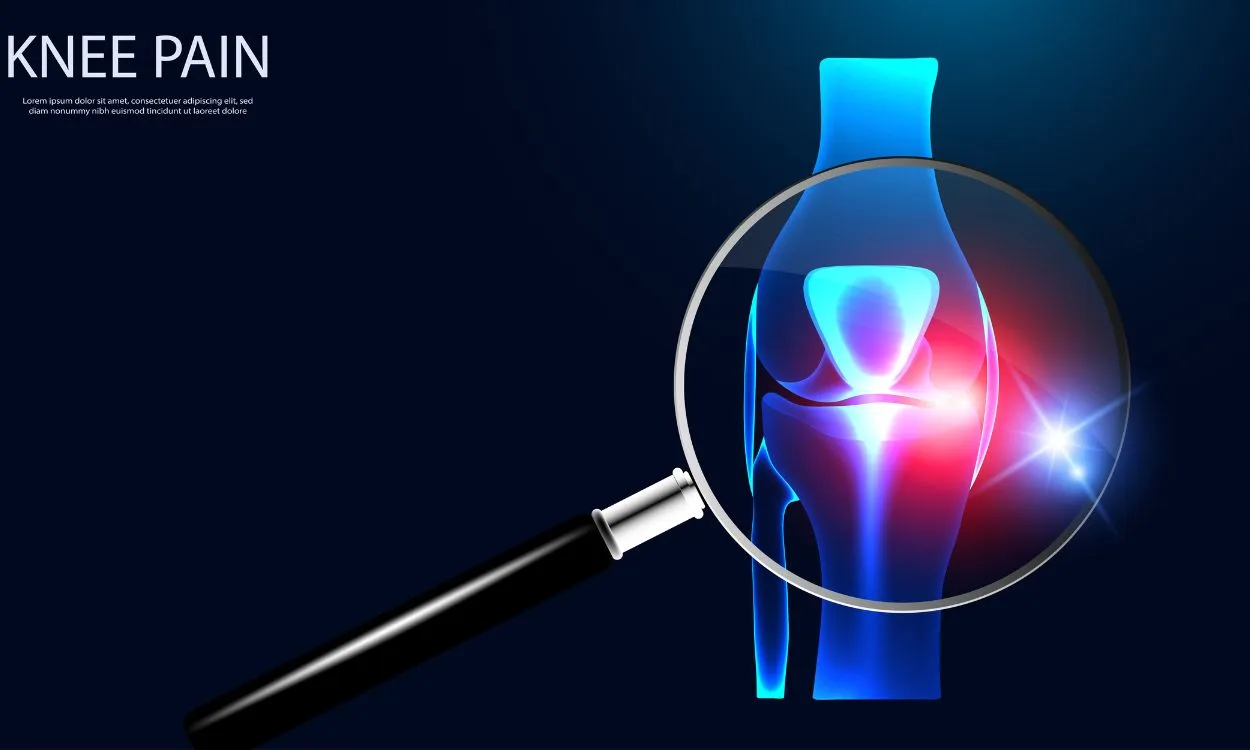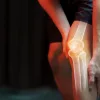Can Genetics Play a Role in Knee Pain?
Knee pain is a common issue that many people face, and it can have a significant impact on one’s quality of life. While there are various factors that can contribute to knee pain, including injury and lifestyle choices, genetics may also play a role in the development of this condition. In this article, we will explore the relationship between genetics and knee pain, and how it can affect individuals.
Understanding Genetics and Knee Pain
- Genetic Variations: Our genes determine many aspects of our health, including our susceptibility to certain conditions. Genetic variations can affect the structure and function of our joints, including the knees. These variations can influence the risk of developing knee pain and related conditions such as osteoarthritis.
- Inherited Traits: Certain traits related to knee health can be passed down through generations. For example, a family history of arthritis or joint problems may increase the likelihood of experiencing knee pain. Inherited traits can influence factors like joint stability, cartilage health, and inflammation levels, all of which can contribute to knee pain.
- Collagen Abnormalities: Collagen is a protein that provides strength and support to our joints, including the knees. Genetic abnormalities in the genes responsible for collagen production can lead to weakened cartilage and increased risk of knee pain and conditions like osteoarthritis.
The Role of Genetics in Knee Pain
- Osteoarthritis: Osteoarthritis is a degenerative joint disease that commonly affects the knees. Multiple genetic factors have been linked to an increased risk of developing osteoarthritis. These factors can affect cartilage breakdown, inflammation levels, and joint function, all of which contribute to knee pain.
- Rheumatoid Arthritis: Rheumatoid arthritis is an autoimmune disease that can cause inflammation and damage to the joints, including the knees. Genetic factors play a significant role in the development of rheumatoid arthritis, and individuals with a family history of the condition are at higher risk of experiencing knee pain.
- Joint Instability: Genetic variations can affect the structure and stability of the knee joint. Instability in the knee joint can lead to abnormal wear and tear, increased risk of injuries, and subsequent knee pain.
- Inflammation Levels: Genetic factors can influence the levels of inflammation in the body. Chronic inflammation can contribute to the development of knee pain and conditions like arthritis. Understanding these genetic factors can help in the development of targeted treatments to manage knee pain.
Taking Control of Knee Pain
While genetics can play a role in knee pain, it is essential to remember that lifestyle choices and other environmental factors also contribute to the development of this condition. Here are some steps you can take to manage and prevent knee pain:
- Maintain a Healthy Weight: Excess weight puts additional pressure on the knees, leading to increased wear and tear. By maintaining a healthy weight, you can reduce the strain on your knees and lower the risk of developing knee pain.
- Stay Active: Regular exercise is crucial for maintaining joint health. Low-impact exercises like swimming, cycling, and yoga can help strengthen the muscles around the knees and provide support. Consult a healthcare professional for guidance on suitable exercises for your specific condition.
- Avoid Overuse and Injury: Engaging in activities that involve repetitive knee movements or placing excessive stress on the knees can lead to injuries and knee pain. Be mindful of the activities you participate in and take breaks when needed to prevent overuse injuries.
- Wear Appropriate Footwear: Wearing supportive and comfortable footwear can help distribute the body’s weight evenly and reduce stress on the knees. Choose shoes that provide adequate cushioning and stability for your feet.
- Consult a Healthcare Professional: If you are experiencing persistent knee pain or have a family history of knee problems, it is important to consult with a healthcare professional. They can assess your condition, provide a proper diagnosis, and suggest appropriate treatment options.
Introducing Fitpaa: Your Personalized Health and Fitness Solution
If you are looking for a comprehensive and personalized approach to managing knee pain and achieving your health and fitness goals, Fitpaa is here to help. Fitpaa is an innovative AI-driven Metabolism monitoring and management technology that can assist you in optimizing your overall health.
Fitpaa combines the latest research in Lifestyle Medicine and Behavioral Therapy to strengthen all 11 organ systems, including the musculoskeletal system, which includes the knees. With Fitpaa, you can receive personalized guidance and support to manage your knee pain effectively.
Through the Fitpaa app, you can:
- Take the Metabolism Assessment: Identify the root cause of your knee pain and other health conditions by assessing your metabolism. Fitpaa’s Medical Nutrition Therapy specialist will consider every aspect of your life to perform a comprehensive metabolism assessment.
- Get Your Fitpaa Capsule: Based on your metabolism, health goals, lifestyle, and eating habits, Fitpaa’s expert team of fitness coaches, nutritionists, and doctors will prepare your personalized Fitpaa Capsule. This capsule combines medical therapy, exercise therapy, nutrition therapy, and cognitive behavior therapy to optimize your metabolism and help you achieve your health and fitness goals.
- Follow Your Fitpaa Capsule: With Fitpaa’s real-time guidance technology and mobile app, following your Fitpaa Capsule becomes easy. The app provides all the necessary tools, such as a virtual workout trainer, diet tracker, performance tracking, and progress monitoring, to help you stay on track. Fitpaa’s support team of fitness planners, nutritionists, trainers, and doctors will regularly review your progress and make necessary adjustments to ensure you achieve your goals.
By combining personalized guidance, advanced technology, and a team of experts, Fitpaa can help you manage knee pain and improve your overall health and fitness. Download the Fitpaa app today and start your journey towards a healthier, pain-free life.
Note: Fitpaa is not intended to replace professional medical advice. Always consult with a healthcare professional for a proper diagnosis and treatment plan for your specific condition.









